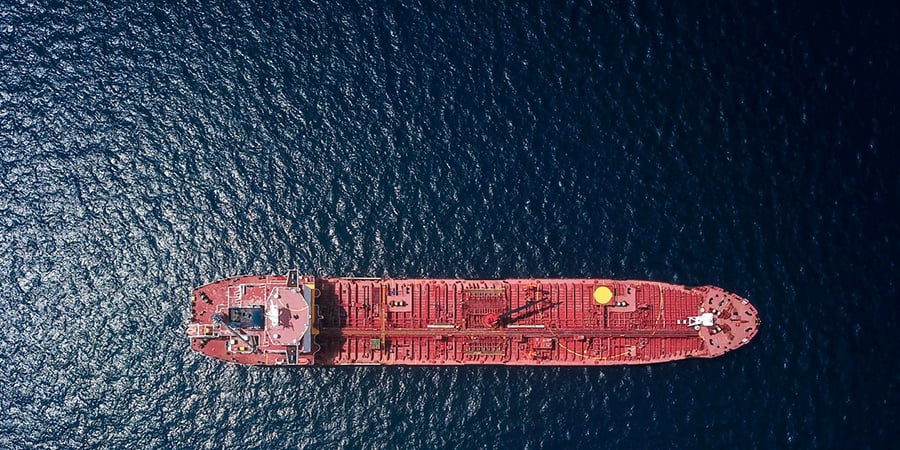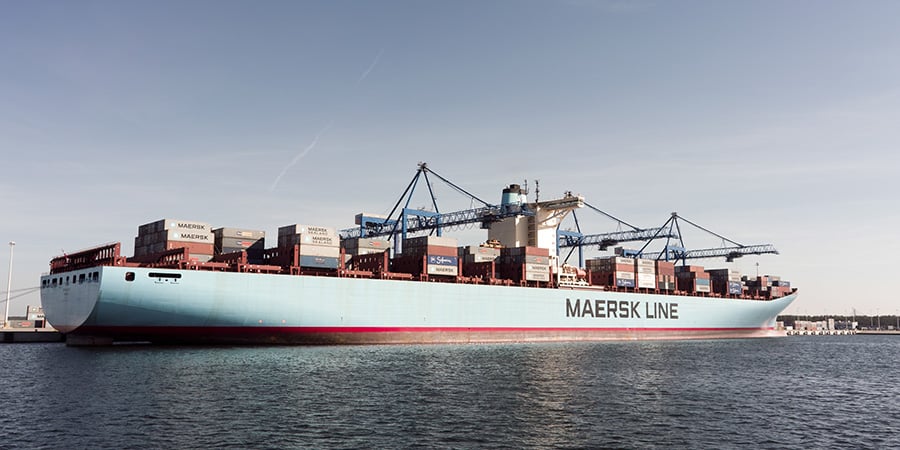Why Insuring Your Cargo Is Important
Safe and timely cargo delivery is the ultimate goal of all parties involved in the shipping industry. It doesn’t matter if the shipment’s final destination is just across Europe or on the other side of the world. Unforeseeable events during transit can come up despite the best planning efforts.

Events like a road-side collision, cargo theft at the warehouse, or even a natural event can lead you to file an insurance claim. This is why, if you want to protect against loss of freight or damage to the consignment, it’s best to invest in insurance.
MINIMIZE YOUR RISK
In case of potentially costly cargo loss or damage, freight insurance can offer a safety net. According to the National Cargo Security Council, global financial loss due to damaged freight is over $50 billion. Clearly, the bottom-line of businesses can be significantly impacted by this issue. In most cases, carrier liability covers only $2.00 per pound of lost cargo. This means that if an incident occurs, just $2,000 worth of cargo will be regained out of 1000 pounds of cargo.
NO DEDUCTIBLES
Although unforeseen events don’t happen frequently, it’s comforting to know that you’ll be compensated more than the amount the carrier is legally responsible for. Full-value cargo insurance policy requires no deductibles for customers.
Full-value insurance is typically required for a few shipments. Shippers can benefit from this when shipping high-value or fragile items. The claims process can be managed for you by a freight broker to save time and resources.
INSURANCE CLAIM LAWS
Once an insurance claim has been filed, there’s a limited amount of time for it to be acknowledged by the carrier. It’s recommended to file the claim as soon as possible. Remember that each country has slightly different insurance laws.
A Dutch sea-going vessel with a gross registered tonnage (grt) of 300 requires indemnity insurance coverage. This means that in case of an accident, the weight of the goods will become the basis of the coverage, not the value of goods. A limitation of refunding can also be placed on the damages. It should be specified if your shipping company is to be absolved of insurance liability.

What other risks are typically covered by marine insurance contracts concluded in your jurisdiction and what ships are insurable?
The general provisions for insurance agreements also apply to marine insurance agreements. Dutch law does not provide for a separate marine insurance regime. As not all provisions are mandatory, parties may agree to apply other rules in insurance contracts.
Other risks covered by marine insurance contracts include:
- hull and machinery damage
- protection and indemnity
- general average
- salvage
- cargo interest
- collision
- war

Tags



